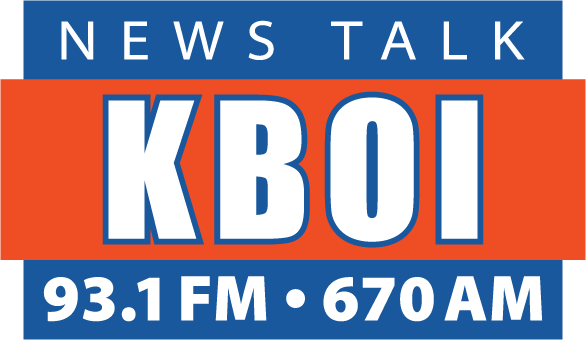
If House Bill 138 is passed into law, it would apply to upcoming 2024 presidential primary elections
BY: CLARK CORBIN – FEBRUARY 13, 2023 – IDAHO CAPITAL SUN
A new bill introduced in the Idaho Legislature on Monday would move Idaho’s presidential primary election back from March to May.
However, the change could have the unintended consequence of delaying Idaho’s presidential primary election until after candidates clinch their party’s nomination.
Rep. Dustin Manwaring, R-Pocatello, is pushing House Bill 138, which he said could save the state millions of dollars by not having to administer the March primary elections.
Manwaring pointed out the Idaho Legislature actually got rid of the May presidential election in 2012 at a time when both major political parties conducted nominating caucuses that were held earlier in the year. Since then, both parties have moved to primary elections in Idaho, which are now conducted on the second Tuesday in March.
If House Bill 138 is passed into law, it would apply to the upcoming 2024 presidential primary elections.
Manwaring said one of the main reasons the Idaho Legislature made the change to earlier voting in 2012 was in hopes of attracting presidential candidates to visit Idaho. Manwaring said that hasn’t played out, and consolidating the March election into May could save the state an estimated $2.7 million every four years. Therefore, Manwaring favors going back to the May primary election when the state conducts other primary elections.
“The intent seemed to be to attract national attention and attract more visits from presidential primary candidates to Idaho,” Manwaring told the House State Affairs Committee. “Well, this hasn’t worked very well with hardly any presidential candidates visiting or giving Idaho much of their attention; it has also come at a significant cost to our state.”
How Idaho’s presidential primary elections compare to past candidate timelines
But attracting presidential candidates wasn’t the only reason Idaho moved up to earlier voting. In 2012 party officials pushed for the move, in part, because presidential candidates had frequently clinched and secured their party’s nomination by the time Idaho voters got to vote on the third Tuesday in May, the Spokesman-Review reported. During the four presidential elections leading up to the 2012 Idaho legislative session, all but one major party presidential candidate had mathematically clinched their nomination before Idahoans even voted in the presidential primaries.
For example, the late Republican Sen. John McCain, R-Arizona, won first place in Idaho’s 2008 Republican presidential primary after he had already secured enough delegates to win the Republican nomination.
According to the National Conference of State Legislatures, Idaho was one of six states to hold its primary elections in 2020 on March 10. By that time, 19 states had already held a primary or caucus. If Idaho’s primaries were instead held on May 19, 2020, Idaho would have voted behind 33 other states.
A Wall Street Journal analysis of election timelines found that between 1996 and 2012 five major party presidential candidates had already secured their party’s nominations for president before the third week in May, including Republican nominees Bob Dole, George W. Bush and McCain, as well as Democrats Al Gore and John Kerry.
On the other hand, candidates sometimes don’t secure their party nomination until later in the year or at their party convention. For example, President Joe Biden secured enough delegates to clinch the Democratic nomination on June 5, 2020, according to the Associated Press and National Public Radio.
Introducing Manwaring’s bill clears the way for it to return to the House State Affairs Committee for a full public hearing.
Manwaring’s bill is one of several bills up for consideration this year that would remove election dates from the calendar. House Bill 58, which passed the Idaho House, 43-26, would get rid of the March and August election dates that school districts use to run bond issues and supplemental levies. House Bill 79, a property tax bill that has yet to receive a full public hearing, would also eliminate the March and August election dates for school bonds and levies.








